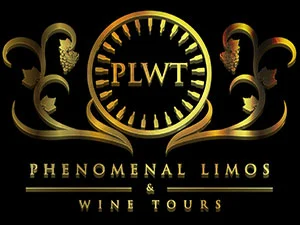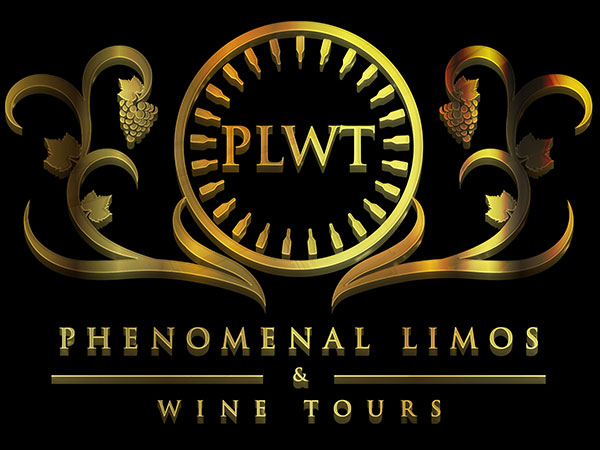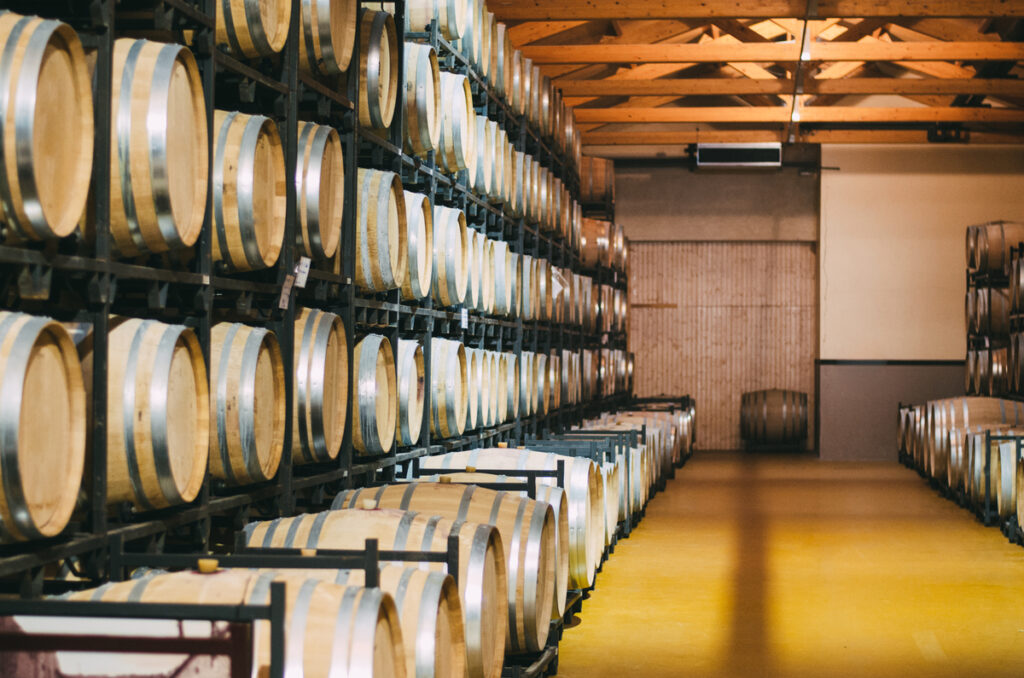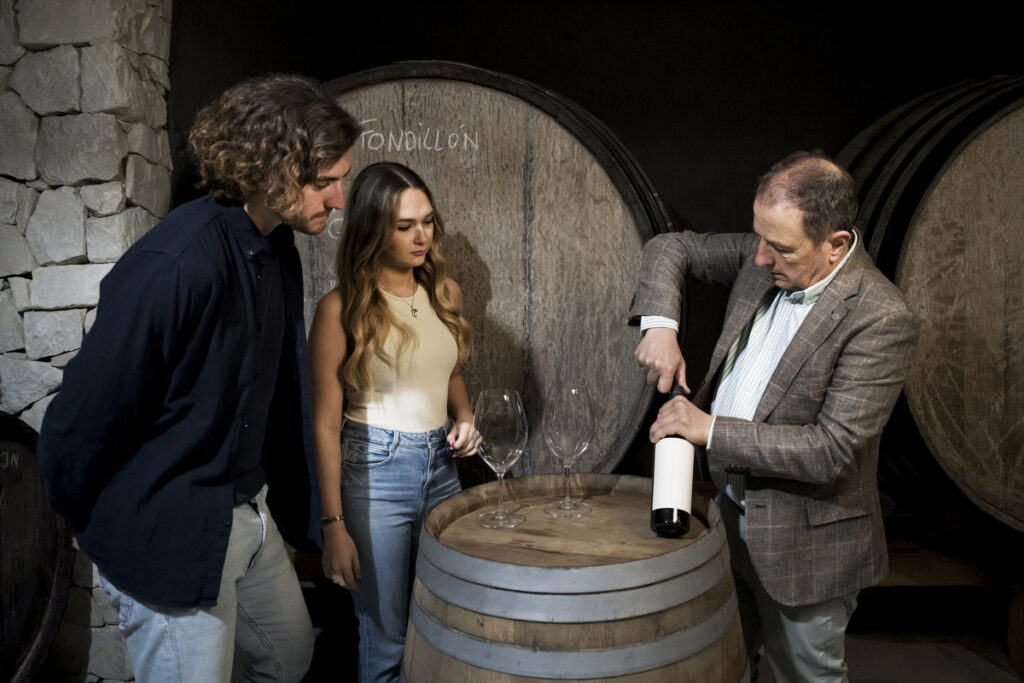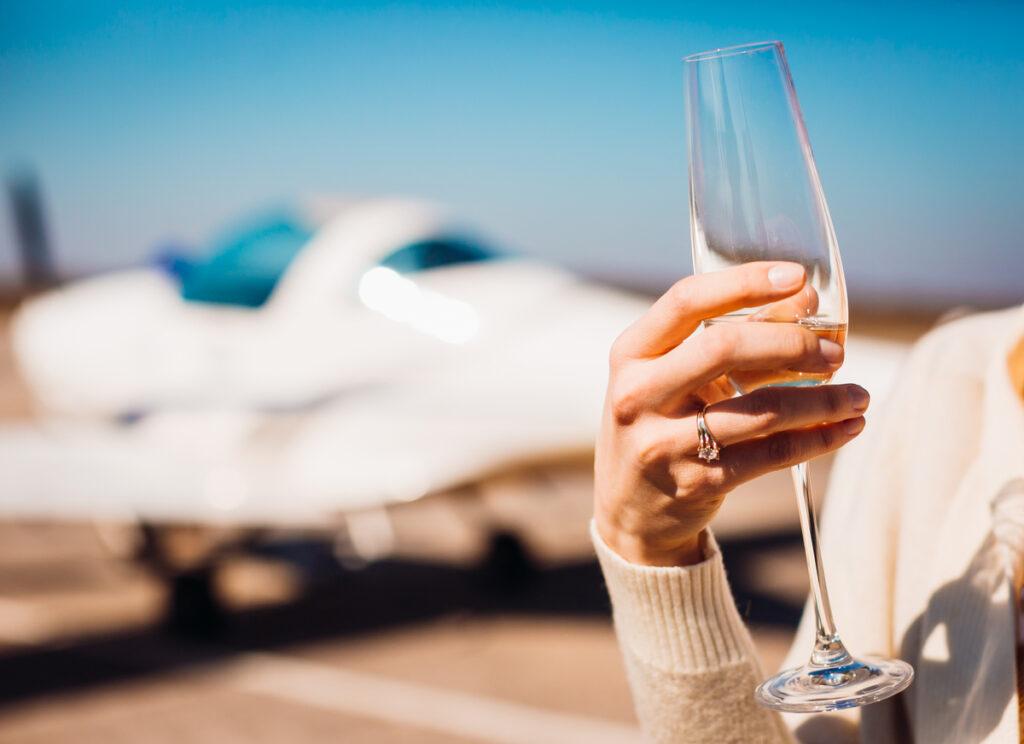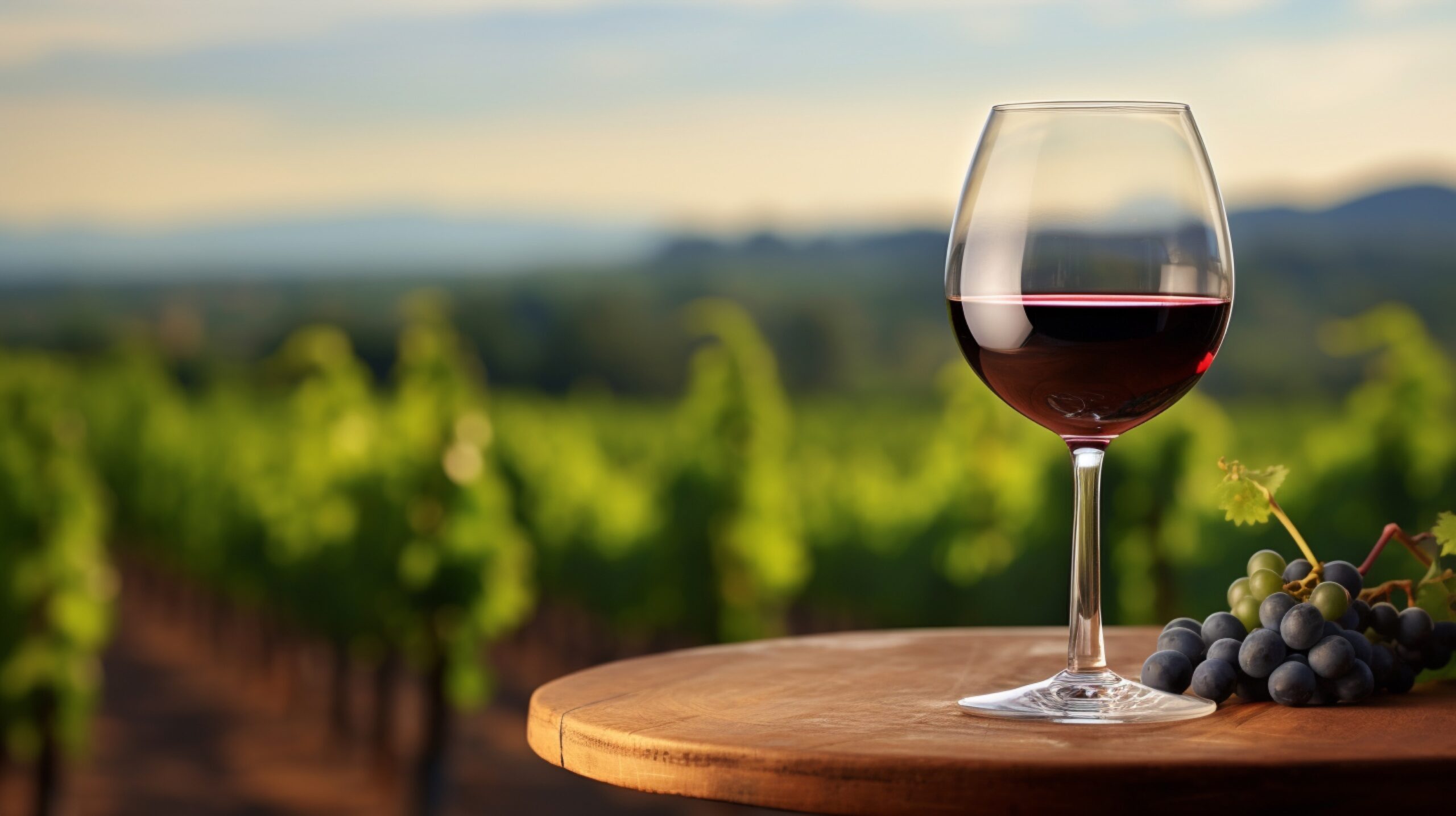
A wine tour is an organized trip focused on visiting wineries and experiencing the world of wine. It can be a fun and informative activity for people of all experience levels, from casual wine drinkers to connoisseurs.
The Core Purposes of a Wine Tour
Learning About Winemaking
Stages of Winemaking: A wine tour will typically delve into the various stages of winemaking, allowing you to gain a deeper appreciation for the effort and expertise involved.
- Harvesting: Learn about the different methods of harvesting grapes, from handpicking for premium wines to mechanical harvesting for larger productions. You might even get a chance to participate in a grape harvest, depending on the season of the tour.
- Crushing: Explore the machinery used for crushing grapes, such as traditional basket presses or modern destemmers and crushers. Understand how crushing separates the grapes’ skins, seeds, and juice (must).
- Fermentation: Discover the fascinating process of fermentation, where yeast consumes the grape sugars and converts them into alcohol. You might learn about different fermentation techniques, like temperature control or the use of specific yeast strains, that influence the wine’s final character.
- Aging: Explore the various methods used for aging wine, such as stainless steel tanks, oak barrels, or concrete vessels. Each method imparts unique flavors and characteristics to the wine. You might even get to see aging cellars with rows of barrels quietly transforming the young wine.
- Bottling: Learn about the final steps of bottling, including filtration, clarification, and corking or sealing.
The Role of Different Equipment and Techniques: Wine tours often showcase the equipment used throughout the winemaking process. You might see traditional tools alongside modern technology and understand how each contributes to the final product. Guides will explain the various winemaking techniques employed by the specific winery, such as cold soaking for enhanced color extraction in red wines or malolactic fermentation for a creamier texture.
Variations in Winemaking Based on Grape Type and Region
- Impact of Grape Variety: A wine tour will likely explore how different grape varieties influence the final wine. For example, Cabernet Sauvignon grapes produce bold red wines with high tannins, while Chardonnay grapes yield versatile white wines ranging from crisp and unoaked to rich and buttery. You might taste wines made from the same grape variety but grown in different regions to experience the variations.
- Influence of Region (Terroir): Wine tours often take place in specific wine regions known for their unique terroir, a combination of factors like climate, soil composition, and topography. Learn how terroir shapes the characteristics of the wines produced in that region. For instance, a cool climate region might produce wines with higher acidity and lighter body, while a warmer climate might yield wines with higher alcohol content and riper fruit flavors.
Enhancing Your Wine Appreciation
Cultivating Your Palate: Sensory Exploration
- Techniques for Proper Wine Tasting: A key aspect of a wine tour is learning the art of wine tasting. Guides will demonstrate proper techniques like swirling the glass to aerate the wine, examining its color and clarity, and sniffing to identify aromas. You’ll then learn how to sip and savor the wine, paying attention to its taste profile and mouthfeel (texture).
- Identifying Flavor Profiles: Wine tours will help you develop your palate and identify different flavor profiles in wines. These profiles can range from fruity (berries, citrus) to floral (violets, roses) to earthy (mushrooms, damp soil) to spicy (pepper, cloves). By tasting a variety of wines, you’ll learn to recognize these flavor components and how they contribute to the overall taste experience.
- Describing Your Wine Experience: Wine tours will equip you with the vocabulary to describe your wine experience effectively. Guides will introduce terms related to the wine’s aroma, taste, and finish, allowing you to articulate your preferences precisely. For example, you might describe a wine as having notes of black cherry and leather on the nose, with a medium body and a slightly tannic finish.
Developing Your Preferences Through Exploration
- Trying a Wide Variety of Wines: Wine tours offer the opportunity to explore a vast array of wines from different regions, grape varieties, and producers. You’ll likely taste wines you’ve never encountered before, allowing you to discover new favorites and expand your palate.
- Identifying Preferred Styles: By tasting a wider range of wines, you’ll be able to identify your preferred styles. Do you enjoy bold and robust reds or lighter and more elegant whites? Perhaps you have a taste for sweet wines or prefer dry styles. Wine tours will help you refine your preferences and discover wines that truly resonate with you
Immersing Yourself in Wine Culture
Exploring the History and Tradition of Winemaking
- A Rich History: Winemaking boasts a long and fascinating history dating back thousands of years. Wine tours often delve into this history, showcasing the evolution of wine production techniques and cultural significance across different regions. You might learn about the ancient origins of winemaking in places like Mesopotamia or the role wine played in religious ceremonies and social gatherings throughout history.
- Climate, Geography, and Culture: A wine tour will likely explore how climate, geography, and culture influence wine production in a specific region. For instance, you might learn about the impact of cool coastal breezes on grape acidity or the influence of local traditions on grape varietals grown and winemaking styles employed. Understanding these factors enriches your appreciation for the unique identity of wines from different regions.
- Unique Stories and Traditions: Many wineries have their own unique stories and traditions that contribute to their wines’ character. Wine tours often provide opportunities to learn about these stories, such as the founding family’s history, innovative winemaking practices, or awards and accolades received. By understanding the winery’s background, you gain a deeper appreciation for the passion and dedication behind the wines you taste.
Experiencing the Local Wine Region
- Scenic Vineyards and Countryside: Wine tours typically take place in beautiful wine regions known for their picturesque landscapes. You’ll likely visit sprawling vineyards nestled amongst rolling hills, with breathtaking views of the surrounding countryside. The visual charm of the region adds to the overall experience and allows you to connect with the source of the wine you’re enjoying.
- Understanding Terroir: Wine tours often emphasize the concept of terroir, the complex interplay of climate, soil, topography, and grape variety that shapes a wine’s character. By visiting the vineyards and observing the landscape firsthand, you gain a deeper understanding of how terroir influences the taste and aroma of the wines produced in that region.
- Cultural Significance of Wine: Wine tours can shed light on the cultural significance of wine in the region you’re visiting. You might learn about local wine festivals, traditions surrounding wine consumption, or the role wine plays in the region’s economy and social fabric. Understanding this cultural context enriches your appreciation for the place and its connection to wine.
- Pairing Wine with Local Cuisine: Many wine tours incorporate food pairings, allowing you to experience how specific wines complement and enhance the flavors of local dishes. This pairing experience demonstrates how wine can be an integral part of a complete and enjoyable culinary journey. By understanding the principles of food and wine pairing, you’ll be able to replicate this at home and elevate your own dining experiences.
Additional Benefits of a Wine Tour
Social Interaction and Shared Experiences
- Wine as a Social Catalyst: Wine tours provide a fantastic opportunity to connect with friends, family, and fellow wine enthusiasts. The shared experience of tasting new wines, learning about the winemaking process, and exploring beautiful scenery fosters conversation, laughter, and creates lasting memories.
- Engaging with Knowledgeable Guides: Wine tours are typically led by knowledgeable guides who are passionate about wine and the region. These guides not only share their expertise but also create a warm and inviting atmosphere. You can ask questions, engage in discussions about winemaking and wine styles, and learn from their insights. This interaction adds a valuable learning dimension to the social experience.
- Building New Connections: Wine tours can be a great way to meet new people who share your interest in wine. Whether it’s fellow participants on a group tour or staff members at the winery, these interactions can lead to new friendships or even networking opportunities within the wine world.
Relaxation and Escape from Daily Routine
- A Tranquil Escape: Wine tours offer a welcome escape from the stresses and routines of daily life. Surrounded by beautiful vineyards, breathtaking landscapes, and the calming ambiance of wineries, you can truly unwind and de-stress. The focus shifts from everyday pressures to appreciating the beauty of nature and the sensory experience of wine.
- Mindfulness Through Sensory Exploration: Wine tasting itself becomes a mindful practice. The act of swirling the glass, observing the wine’s color, focusing on its aroma, and savoring its taste encourages you to be present in the moment. This mindfulness allows you to disconnect from distractions and appreciate the subtle nuances of each wine.
- Celebrating the Simple Pleasures: Wine tours remind us to slow down and appreciate the simple pleasures in life. The chance to enjoy delicious wine alongside good company in a beautiful setting creates a sense of joy and contentment. This focus on the present moment and the appreciation for simple pleasures can have a lasting positive impact on your overall well-being.
Additional Points to Consider
- Learning About Wine History and Culture Can Be Stimulating: Wine tours often delve into the history and culture of winemaking, offering a stimulating intellectual experience. Learning about the fascinating stories and traditions surrounding wine can broaden your knowledge and appreciation for this ancient beverage.
- Wine Tours Can Spark New Hobbies: A well-organized wine tour can spark your interest in exploring the world of wine further. You might develop a passion for collecting wines, learning more about specific wine regions, or even trying your hand at home winemaking.
- Wine Tours Can Be Educational for All Levels: Whether you’re a casual wine drinker or a seasoned enthusiast, there’s always something new to learn on a wine tour. The tours are designed to cater to different experience levels, ensuring everyone gains valuable knowledge and appreciation for wine.
Different Types of Wine Tours
Wine tours come in a wide variety to cater to different interests, budgets, and desired experiences. Here’s a breakdown of some common types:
Duration: Full-Day or Half-Day Tours
- Full-Day Tours: These immersive experiences typically span a full day, allowing you to visit multiple wineries, delve deeper into the winemaking process, and enjoy extended tastings with food pairings. They often include lunch at a local restaurant or picnic amidst the vineyards, maximizing your time in the wine region.
- Half-Day Tours: Offering a more concise experience, half-day tours focus on visiting a smaller number of wineries or specific aspects of wine production. These tours are ideal for those with limited time or who want to combine a wine tour with other activities in the region.
Group Size: Group Tours or Private Tours
- Group Tours: Group tours typically consist of a small to medium-sized group of participants led by a knowledgeable guide. These tours offer a fun and social experience where you can connect with fellow wine enthusiasts. They tend to be more budget-friendly compared to private tours.
- Private Tours: Designed for a specific group, private tours offer a more personalized experience. You can tailor the itinerary to your preferences, focusing on specific wineries, grape varieties, or winemaking techniques. This option allows for a more in-depth exploration and caters to those seeking a more exclusive experience.
Theme-Based Tours: Focusing on Specific Regions, Grape Varieties, or Winemaking Styles
- Regional Focus: These tours delve into a specific wine region, showcasing its unique terroir, grape varietals, and prominent wineries. Participants gain a comprehensive understanding of the region’s winemaking identity and signature styles.
- Grape Variety Focus: Focused on a particular grape variety like Cabernet Sauvignon or Chardonnay, these tours explore how the grape expresses itself in different regions and under varying winemaking techniques. Participants can experience the full spectrum of a specific grape’s potential.
- Winemaking Style Focus: These tours focus on specific winemaking styles like natural wines, biodynamic wines, or sparkling wine production. Participants gain insights into the unique techniques and philosophies behind these styles and can appreciate the resulting differences in taste and character.
Luxury Wine Tours with High-End Wineries and Experiences
Luxury tours cater to discerning wine enthusiasts, offering exclusive access to prestigious wineries, VIP tastings, and curated experiences. These tours might include visits to historic estates, tastings with renowned winemakers, or gourmet meals paired with exceptional wines.
Budget-Friendly Tours for Casual Wine Enthusiasts
Budget-friendly tours offer a fun and informative way to explore the world of wine without breaking the bank. These tours may focus on visiting smaller wineries, offering group transportation, and including basic tastings. They cater to casual wine drinkers who want to learn and enjoy themselves without a lavish price tag.
Conclusion
Wine tours offer a unique and enriching experience that transcends simply drinking wine. They provide a journey of discovery, immersing you in the fascinating world of winemaking and the captivating culture surrounding it.
A Lasting Investment in Knowledge and Appreciation
Through a wine tour, you gain a deeper understanding of the entire winemaking process, from the meticulous work in the vineyards to the artistry of crafting a delicious bottle. You learn about the impact of grape varieties, terroir, and winemaking techniques on the final product. This knowledge enhances your appreciation for the complexity and artistry behind every glass of wine you enjoy.
Developing Your Palate and Preferences
Wine tours equip you with the tools to explore a wide variety of wines and develop your palate. By learning proper tasting techniques and identifying different flavor profiles, you become more confident in navigating the world of wine. You discover new favorites, refine your preferences, and learn to articulate your wine experience more effectively.
A Gateway to Cultural Exploration
Wine tours are not just about wine; they connect you to the rich history and traditions of winemaking regions. You learn about the influence of climate, geography, and culture on wine production, gaining a deeper appreciation for the unique identity of each region. This cultural immersion broadens your perspective and fosters a newfound respect for the dedication and passion behind the wines you taste.
Beyond Wine: Social Connection and Personal Enrichment
Wine tours provide a fantastic opportunity to connect with friends, family, and fellow wine enthusiasts. The shared experience fosters lasting memories and creates a fun and social atmosphere. Wine itself becomes a catalyst for conversation, laughter, and learning. Beyond the social aspects, wine tours offer a chance to escape the daily grind and reconnect with nature. The focus shifts towards mindfulness and appreciating the simple pleasures in life.
In essence, a wine tour is an investment in your knowledge, appreciation, and enjoyment of wine. It’s a journey of discovery that enriches you personally and culturally, leaving a lasting impression long after the final sip.
